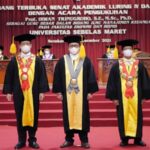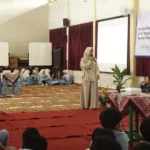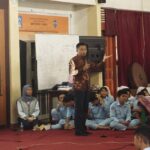Micro Panel Data Analysis with Prof. Siong Hook Law
Author: UNS Fintech Center
03 September 2020

Fintech Update – Center for Fintech and Banking UNS (UNS Fintech Center) held a workshop on “Micro Panel Data Analysis” on Thursday (03/09/2020). The online workshop was held through the Zoom Meeting application with materials from Prof. Siong Hook Law (Universiti Putra Malaya, Malaysia); Dr. Taufiq Arifin, Ph.D (Universitas Sebelas Maret, Indonesia); Dr. Putra Pamungkas, Ph.D (Universitas Sebelas Maret, Indonesia) and was led by Yoshia Christian Mahulete as moderator.
In his opening remark, Dr. Irwan Trinugroho, Ph.D., the Chief of UNS Fintech Center, mentioned that this workshop is a program to develop UNS Fintech Center through the World Class Professor (WCP) Program. He hopes that the workshop will provide complete knowledge for researchers on the application of panel data in their studies. Prof. Siong Hook Law delivered the first material on the “Dynamic Panel Data”, which explains short panel data in Dynamic Panel Modeling. Prof. Siong Hook Law explained that short panel data has two data types, cross-section (N) and time series (T). A cross-section is substantial data recorded at one time. In contrast, time series is a data of a variable recorded over a certain period, usually in three to ten years. Economic and financial research often uses cross-section data instead of time series data (N > T).
As the second speaker, Dr. Taufiq Arifin delivered material on “Political connections as a double-edged sword: An Examination of helping-and grabbing hand hypothesis”. In his material, Dr. Taufiq Arifin explained the effect of political connections, transactional and relational connections, on a firm. Transactional connection is a collaboration that ends once a particular objective was achieved (short term), while the relational connection is a long-term relationship due to the similarity in ideology. Further, Dr. Taufiq explained that a firm’s characteristics also affect the firm’s cost of debt, which affects the firm’s propensity to be politically connected. Firms with transactional political connection have lower cost of debts than other non-politically connected firms with similar characteristics. “(However), firms with political connection need to pay higher tax than non-politically connected firms,” he concluded.
The last material on “Panel Data Application” was delivered by the third speaker, Dr. Putra Pamungkas, Ph.D., who explained the implementation of three-level panel data, provincial-level data, bank-level data, and country-level data in research. He also provided examples of studies that utilized panel data in their analysis. The international workshop was concluded with a questions and answers session between participants and speakers. Fintech Media Team
- News









